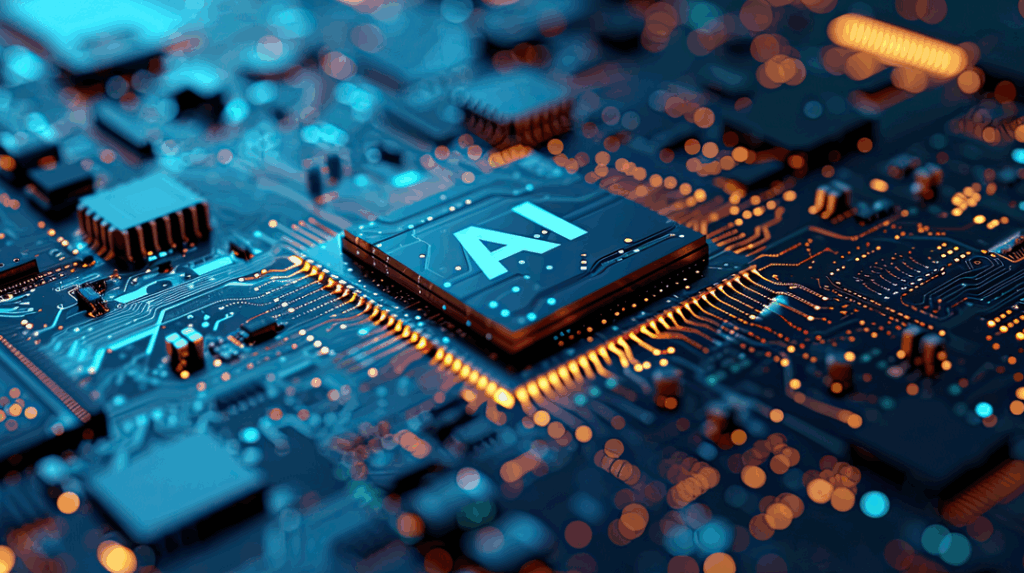What Makes Digital Twins Essential for Modern UK Industry
Digital twins have rapidly evolved from experimental technology to essential industrial tools across the UK manufacturing landscape. As you’re likely aware, these virtual replicas of physical assets provide real-time insights that were previously unattainable through conventional monitoring methods.
At Morson, we’ve observed that organisations implementing digital twin technology typically achieve improvements in operational efficiency – not through abstract promises but through practical applications that address specific industrial challenges.
Beyond Basic Simulation: How UK Industries Are Using Digital Twins
Your competitors are likely already exploring digital twin applications. Here’s what you need to know about current implementation strategies:
Digital twins excel in scenarios requiring complex system understanding without disrupting operations. Unlike traditional modelling approaches that provide static snapshots, digital twins create living, evolving representations that respond to changing conditions.
In the aerospace sector, our clients use digital twins to simulate aircraft performance under varied environmental conditions, identifying optimisation opportunities without costly physical testing. This approach has reduced development cycles while enhancing safety parameters.
The advantage comes from continuous data exchange between physical assets and their digital counterparts, allowing you to:
- Predict maintenance requirements before failures occur
- Test modifications virtually before physical implementation
- Optimise operational parameters in real-time


Digital Twin Implementation: Practical Considerations for UK Businesses
Implementing effective digital twin technology requires addressing several practical considerations.
Data infrastructure requirements: Your existing data collection systems likely need enhancement to provide the continuous, high-quality inputs that digital twins require. Our technical teams evaluate your current infrastructure and identify necessary upgrades while minimising disruption to operations.
Integration with legacy systems: Most UK industrial facilities operate with modern and legacy equipment. We specialise in creating integration frameworks that allow digital twins to incorporate data from systems of varying ages and specifications.
Staff capability development: Your technical teams need specific skills to use digital twin insights effectively. We provide targeted training programmes alongside technology implementation to ensure your staff can maximise the value of these new tools.
Industry-Specific Applications Across the UK
Manufacturing
In manufacturing environments, our digital twin implementations have helped clients reduce unplanned downtime. The technology creates virtual replicas of production lines that simulate different operational scenarios, allowing you to identify bottlenecks and optimisation opportunities without disrupting production.
Marine Engineering
The marine sector presents unique challenges that digital twins are particularly suited to address. Our work in digital capture for marine applications demonstrates how detailed digital representations enable more effective planning and maintenance of complex marine systems.
For vessels operating in the North Sea, our digital twin implementations have improved fuel efficiency by continuously optimising operational parameters based on real-time environmental data.
Aerospace
In aerospace, where safety and reliability standards are exceptionally high, digital twins provide a testing ground for innovations without compromising safety. Our systems engineering specialists use digital twins to model aircraft systems under various operational conditions, identifying potential issues before they manifest in physical prototypes.
This approach has enabled UK aerospace manufacturers to reduce testing cycles while maintaining or improving safety standards – a critical advantage in a highly competitive global market.
The Integration of AI and Digital Twins
The next evolution in digital twin technology involves deeper integration with artificial intelligence. As outlined in our analysis of AI opportunities and challenges, combining AI with digital twins enables systems that monitor, simulate and actively suggest optimisation strategies.
This integration allows your operations to benefit from:
- Predictive analytics that anticipate system behaviour based on historical patterns
- Autonomous optimisation that continuously adjusts parameters for peak performance
- Anomaly detection that identifies unusual patterns before they become problems

The Control Engineering Perspective
From a control engineering standpoint, digital twins represent a step change in managing industrial systems. Rather than reacting to outputs, you can now actively model and influence the entire system’s behaviour in virtual space before implementing changes physically.
This approach significantly reduces risk while accelerating innovation cycles – a critical advantage in today’s fast-moving industrial landscape.
Skills Development for the Digital Twin Era
As highlighted in our analysis of future aerospace engineering skills, the effective use of digital twins requires a combination of domain expertise and digital literacy. Your teams need to understand the physical systems being modelled and the digital tools creating those models.
We’ve found that successful digital twin implementation typically requires:
- Cross-functional teams combining operational technology and information technology expertise
- Continuous skills development programmes to keep pace with evolving technology
- Clear communication channels between technical specialists and operational decision-makers
Practical Next Steps for UK Industrial Leaders
If you’re considering digital twin implementation for your operations, we recommend a phased approach:
- Begin with a focused pilot project addressing a specific operational challenge
- Establish clear success metrics before implementation
- Ensure data quality and availability for the targeted systems
- Develop internal expertise alongside external support
Our technical consultants can help you identify suitable starting points based on your current operational challenges and strategic objectives.
Measuring Return on Investment
Digital twin implementations require significant investment, and measuring returns is essential. We work with clients to establish practical measurement frameworks that capture direct financial benefits (reduced downtime, energy savings) and indirect advantages (improved decision-making, enhanced safety).
UK manufacturers implementing our digital twin solutions typically see returns within 12-18 months, and the benefits continue as the technology is extended to additional operational areas.
Focusing on targeted applications with clear business cases can build momentum for wider digital twin adoption throughout your organisation.
Digital twins represent a significant opportunity for the UK industry to improve operational efficiency, reduce risk and accelerate innovation. Technology has matured rapidly, from theoretical applications to practical tools that deliver measurable business value.
At Morson, we combine technical expertise with industry experience to help you implement digital twin technology that addresses your specific operational challenges. Contact our technical team to discuss how digital twin technology can be applied to your industrial context.